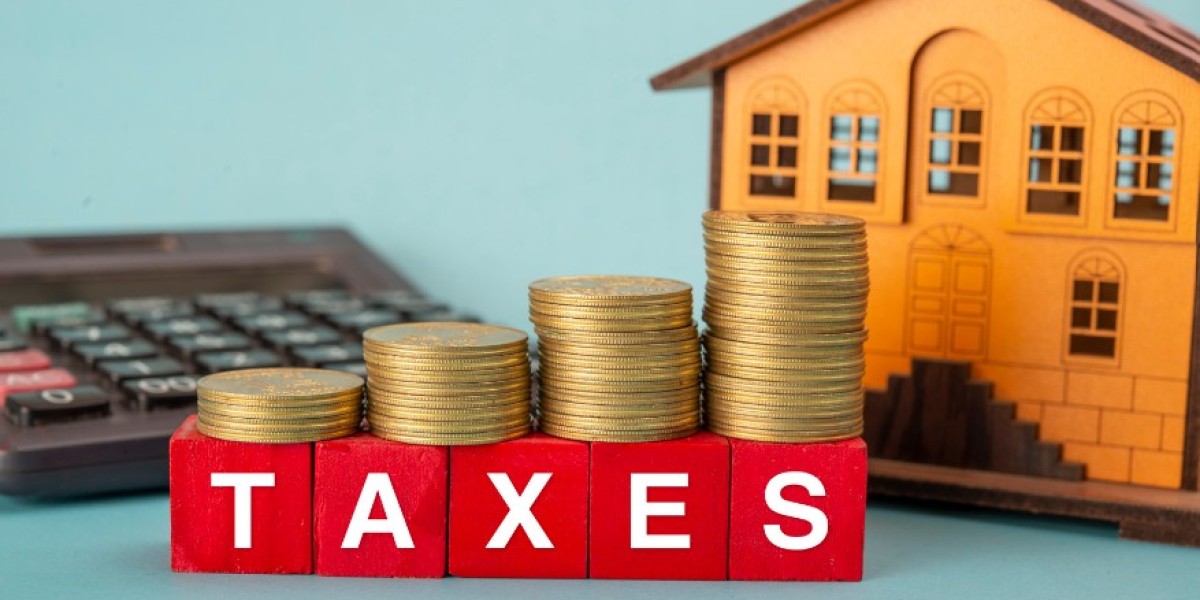Property tax reforms play a significant role in shaping the real estate landscape in Pakistan. As the government seeks to enhance revenue generation and improve urban development, changes in property taxation can have profound effects on market dynamics. The introduction of new tax policies, such as the Tax on Property in Pakistan, aims to create a more transparent and efficient system. This article explores how these reforms are influencing Pakistan's real estate market, affecting both investors and homeowners.
Understanding Property Tax Reforms
The Need for Reforms
Pakistan's real estate sector has long been characterized by a lack of transparency and inefficiency in tax collection. Many property owners have evaded taxes, leading to a significant loss of potential revenue for the government. Recognizing this issue, the government has initiated reforms aimed at streamlining the property tax system, making it more equitable and comprehensive.
Key Features of the Reforms
The recent property tax reforms focus on several key areas, including:
- Standardization of Property Valuation: The government is working to establish a standardized method for property valuation, ensuring that taxes are based on fair market values rather than arbitrary assessments.
- Increased Tax Compliance: By implementing stricter regulations and penalties for tax evasion, the government aims to encourage property owners to comply with tax obligations.
- Digitalization of Tax Records: The move towards digital record-keeping is intended to enhance transparency and efficiency in tax collection, making it easier for property owners to understand their tax liabilities.
Impact on the Real Estate Market
1. Influence on Property Prices
One of the most immediate effects of property tax reforms is their impact on property prices. As property taxes increase, buyers may be less willing to pay high prices for properties, leading to a potential softening of the market. Conversely, if the reforms lead to improved infrastructure and services, property values may rise as areas become more desirable.
2. Changes in Investment Strategies
Investors are likely to adjust their strategies in response to property tax reforms. Higher tax rates may deter some investors from purchasing properties, particularly in areas where the potential for appreciation is uncertain. On the other hand, investors may seek opportunities in regions where tax reforms lead to improved infrastructure and amenities, such as Capital Smart City and its Overseas West Block, which promise modern living conditions and enhanced property values.
3. Increased Focus on Compliance
As the government strengthens its enforcement of property tax regulations, property owners and developers will need to prioritize compliance. This shift may lead to increased costs for developers, who will need to factor in taxes when pricing their projects. However, a more compliant market can also create a level playing field, benefiting honest developers and investors.
4. Impact on Affordable Housing
Property tax reforms may have implications for affordable housing initiatives. If taxes on properties are perceived as too high, developers may be discouraged from investing in affordable housing projects. Conversely, if the government provides incentives for developing affordable housing, such as tax breaks or subsidies, this could stimulate growth in this sector.
Challenges Ahead
1. Resistance to Change
One of the significant challenges in implementing property tax reforms is the resistance from property owners and developers who may be adversely affected by increased tax liabilities. The government will need to engage stakeholders and communicate the long-term benefits of these reforms to gain support.
2. Administrative Capacity
The success of property tax reforms depends on the government's ability to effectively administer and enforce new regulations. Strengthening the administrative capacity of tax authorities will be crucial to ensure compliance and maximize revenue generation.
3. Economic Conditions
The overall economic environment in Pakistan will also influence the effectiveness of property tax reforms. Economic instability or downturns may hinder the government's ability to implement reforms effectively, as property owners may struggle to meet their tax obligations.
Conclusion
Property tax reforms are poised to significantly influence Pakistan's real estate market, shaping investment strategies and property values. While these reforms present challenges, they also offer opportunities for creating a more transparent and efficient tax system. As the government continues to implement changes, stakeholders in the real estate sector must adapt to the evolving landscape. By embracing compliance and focusing on areas with growth potential, such as developments like Capital Smart City and its Overseas West Block, investors can navigate the complexities of the market and contribute to the overall growth of Pakistan's real estate sector.




Multiworks 33 sa
https://multiworks.pk/ is Islamabad's leading real estate company, delivering visionary projects and striving to become Pakistan's best. Explore our wide range of properties and investment opportunities tailored to meet your needs. Stay updated with the latest real estate https://multiworks.pk/news/ and trends, read our insightful https://multiworks.pk/blog/ and discover our upcoming and ongoing https://multiworks.pk/projects/ that redefine luxury and comfort.
Explore Further:
Projects:
• https://multiworks.pk/projects/the-square-islamabad/
• https://multiworks.pk/aas-business-center/
• https://multiworks.pk/eighteen-islamabad/
• https://multiworks.pk/the-ark/
• https://multiworks.pk/qurtaba-city/